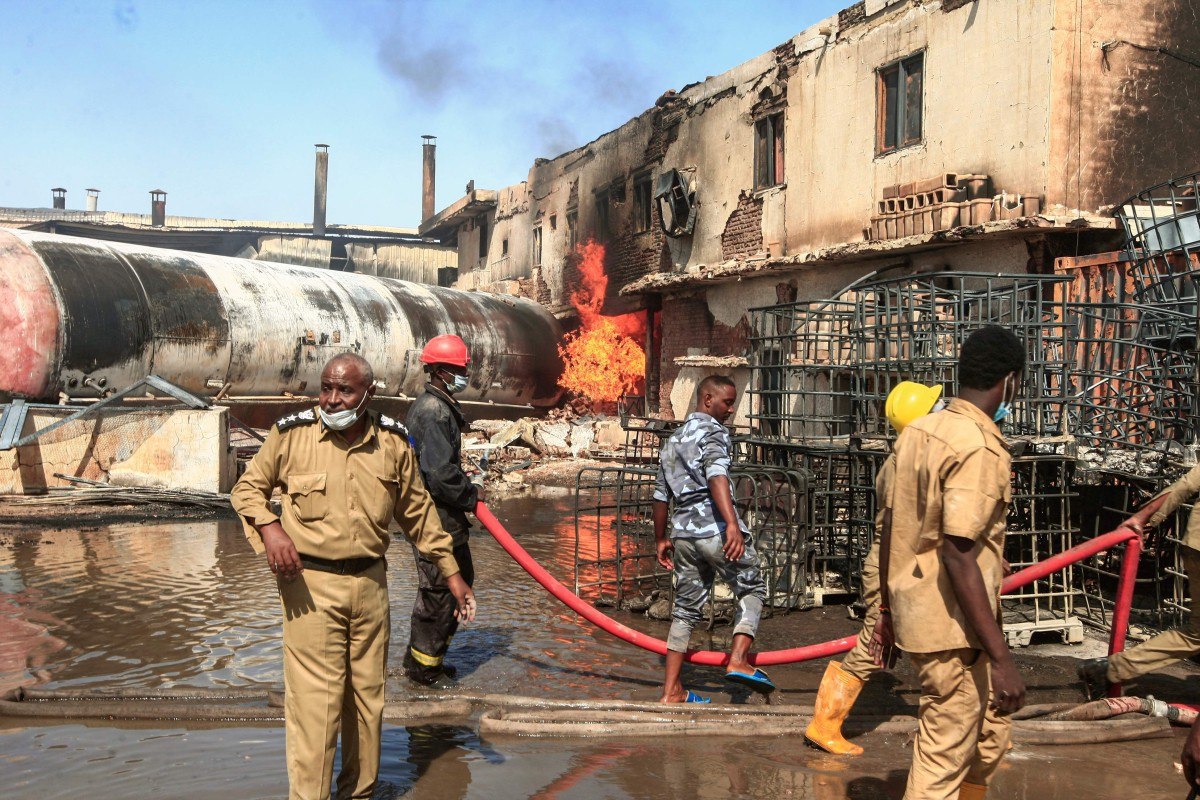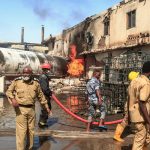Centralization of industrial and financial sectors in the capital worsened losses
Damage to the electricity sector poses the main challenge for reconstruction
Government leadership is crucial to creating a conducive environment for foreign investment
Sudanese and foreign businesspeople show enthusiasm to return post-war despite high risks
True foreign investment is necessary to develop the economy
Sudan’s private sector has played a significant role in the national economy, contrasting with many regional economies dominated by the public sector. This sector has historically driven employment and large-scale projects. However, the ongoing conflict has left it in disarray.
Economists and business leaders have told Sudan Scope that they agree that the private
sector has been critical to Sudan’s economy.
“Private businesses were instrumental during Sudan’s December 2018 revolution, opposing the corrupt practices of the Bashir regime, which harmed them most,” Engineer Yasir Kambal said.
During the transitional government’s tenure, private businesses participated in shaping economic policies and drafting laws affecting vital sectors. But the October 2021 military coup reversed these gains, leading to massive losses and a return of corruption, with the economy dominated by individuals linked to questionable dealings.
When the war erupted in April 2023, it compounded the damage. Many business owners attempted to relocate their operations to regions untouched by conflict. However, as battles spread, many fled the country with minimal assets, seeking safety.
“As is widely known, Sudan’s financial and industrial sectors are centralised in the capital, Khartoum. The war has destroyed or halted financial institutions such as banks and industrial firms, either through direct bombardment or theft and arson. Reliable data on the scale of destruction is still unavailable,” Kambal, a prominent figure in the industrial sector, said.
Adapting to Catastrophe
Kambal noted the lack of preparedness for such a protracted and devastating war. “Most
businesspeople did not foresee a long-term war. Based on the history of past military
conflicts, many expected quicker resolutions,” he said.
The prolonged conflict forced many businesses to shut down entirely, while some relocated abroad, pursuing small-scale investments in more stable countries.
Challenges to Recovery
Kambal identified infrastructure, particularly electricity, as a longstanding barrier to production in Sudan, worsened by the war.
“Electricity transmission and transformers are now severely damaged. Investors often find solutions, but the government must play its role. Stability, international cooperation, and effective management are essential for attracting long-term financing,” he said.
“Real foreign investment requires a clear political vision and state transparency. Leadership must prioritise planning and set goals for the post-war era to ensure investments benefit citizens,” he added.
Opportunities Abroad
Kambal highlighted that Sudanese capital’s fragmentation has limited its regional impact, though some neighbouring economies benefited from Sudanese migration, particularly in real estate and trade.
Regarding post-war reconstruction, Kambal was cautiously optimistic. He noted growing interest among Sudanese and foreign investors in returning to Sudan once hostilities cease.
“There is noticeable enthusiasm for reinvesting in Sudan despite the risks. The end of the war is expected to create opportunities for significant investment,” he said.
However, he emphasized that the private sector is currently in its worst state. While international respect for Sudan’s private sector could foster future partnerships, the road to recovery will require significant government leadership and international cooperation.





